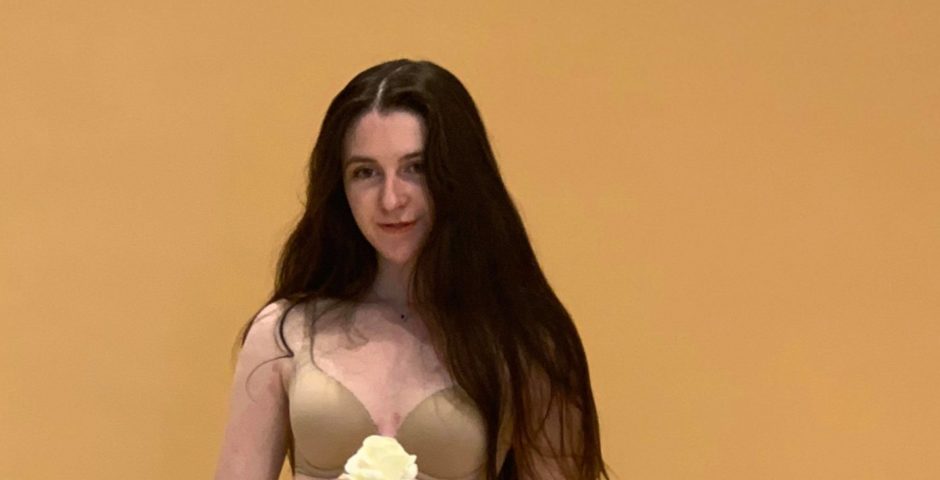
Meet the St Andrews student whose rare skin condition hasn’t stopped her being a model
If I fall, I develop blisters or open wounds like third-degree burns
Suffering from a rare and deadly skin condition, third-year University of St Andrews student Lucy Beall-Lott works as an activist to promote body inclusivity and diversity.
The St Andrews Tab sat down with Lucy to learn, in her own words, her experience with Recessive Dystrophic Epidermolysis Bullosa (RDEB) and how she has managed to overcome it.
According to Lucy, there is “no cure for RDEB, little treatment and a low life expectancy. You have a greater chance of being struck by lightning than being born with my subtype of Epidermolysis Bullossa. If I fall, instead of bruising, I develop blisters or open wounds similar to third-degree burns. My gastrointestinal tract also contracts, causing my throat to close repeatedly.”

Lucy has undergone dozens of surgeries to allow her to continue living with her condition as well as facing stigmatisation due to her physical and visible differences.
“People have avoided me for fears I was contagious and have commented that I would be ‘hot’ if it weren’t for my ‘weirdo baby hands’ or red knees. A stranger in a vet’s office once asked me, ‘You look like you’ve been mauled by a gorilla. What happened to you?'” Lucy told The Tab. This experience sparked her to write about the treatment she receives.

Lucy’s first article was published in the Huffington Post before her 18th birthday. She has “since had the honour of appearing in numerous other publications, including The Times and the BBC, interviews for which I gave from a hospital bed in London last summer after surgery to reconstruct my right hand.’ She also works with Charity Debra, the leading charity for those with EB.
In St Andrews, modelling for student-run fashion show ‘Label’ was pivotal for Lucy as it helped her “discover the weight visuals could carry as it is important to actually see my scars and witness what I and others with EB endure.” This led her to co-found the new fashion collective ‘Bare Revolution’ as “a celebration of diversity not limited to ability, body type or gender.”

Her self-perception “has changed from being confined by a ‘terminal’ label” or the “miscommunication in my protein cells” to the “possibilities of what I could achieve despite it. I have stopped seeing my body as something negative, and instead see it as something positive, something working hard to keep me alive.”
Lucy vows to use her platform and show people her “images and know the stories of those with my condition so no child will have to carry such a burden again. I am often asked if I feel as though I am living on borrowed time. I am not. My time is my own, and I will use it as well as I possibly can.”
Follow Lucy’s journey on Instagram and check out her upcoming mini-documentary with ‘Shake My Beauty’









































